#au hasard balthazar
Explore tagged Tumblr posts
Text

Au hasard Balthazar
Robert Bresson
333 notes
·
View notes
Text

Au Hasard Balthazar (1966) dir. Robert Bresson
43 notes
·
View notes
Text


Au Hasard Balthazar (1966)-Robert Bresson.
Pickpocket (1959)-Robert Bresson.
77 notes
·
View notes
Text

110 notes
·
View notes
Text
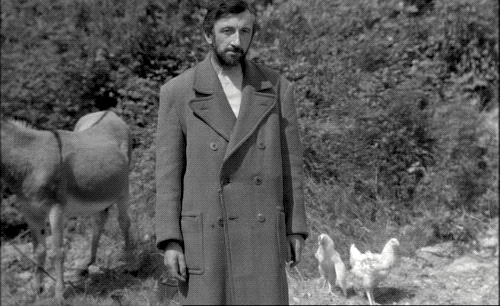
Au Hasard Balthazar (1966, dir. Robert Bresson)
37 notes
·
View notes
Text
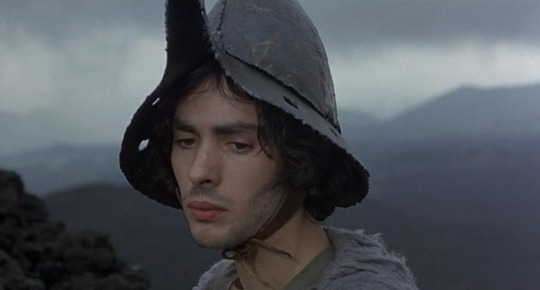
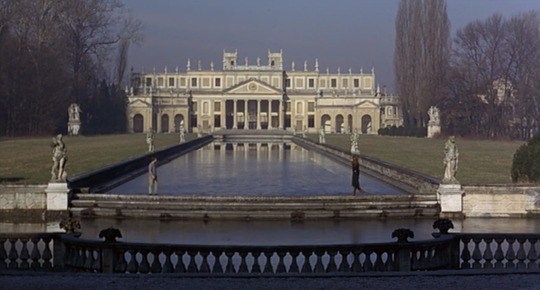
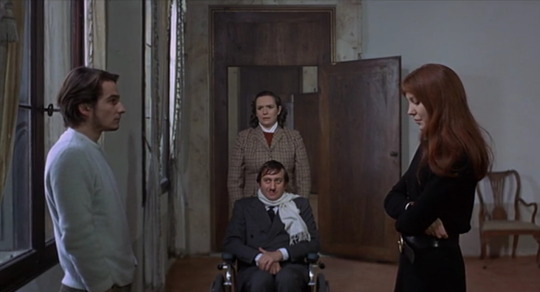
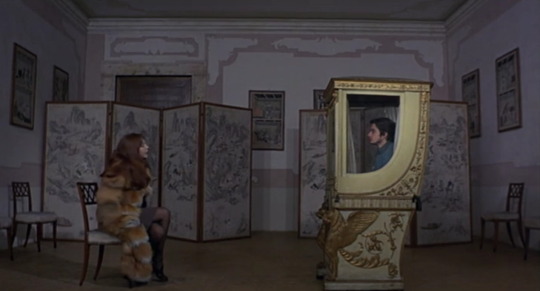

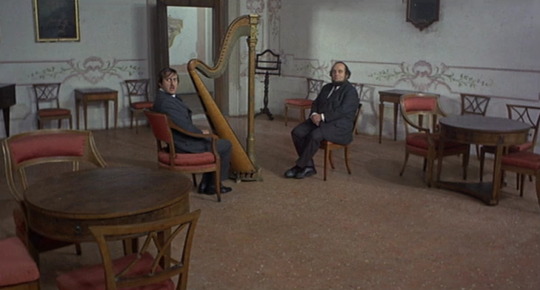
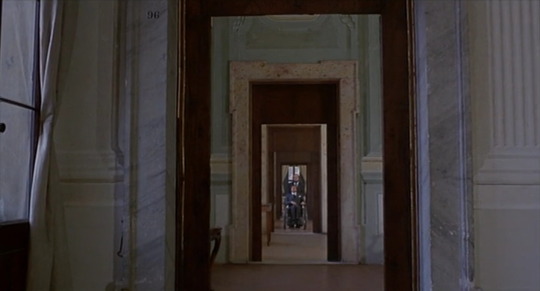
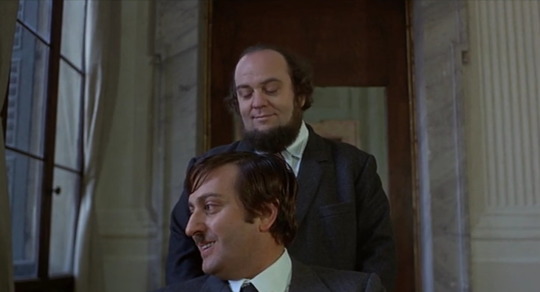
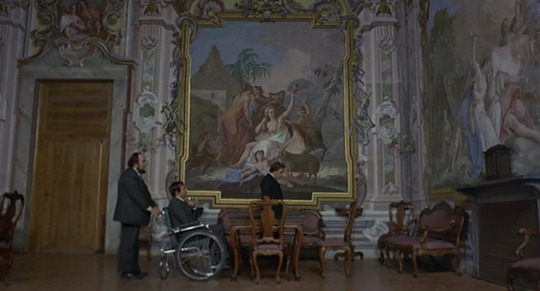
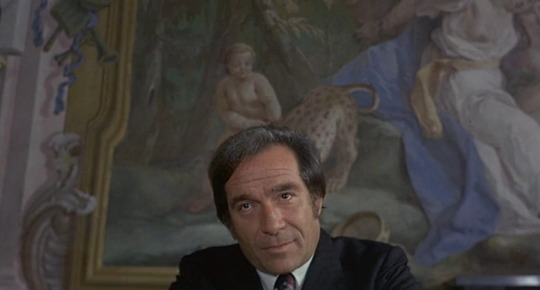

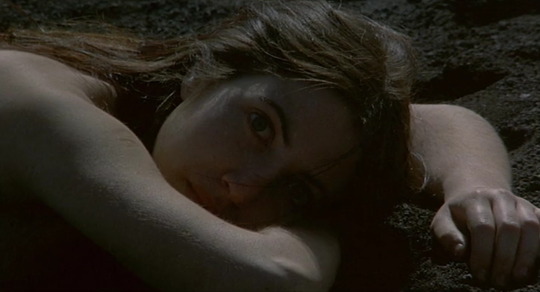
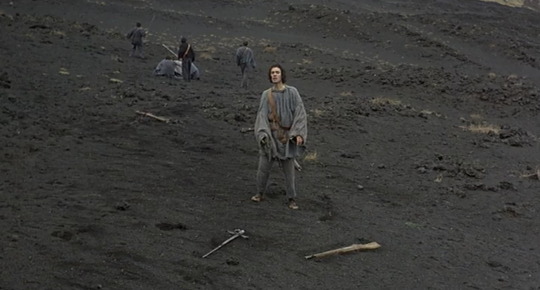

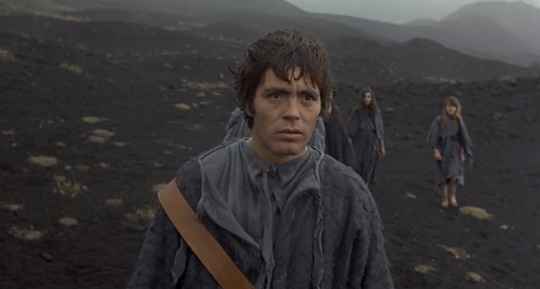
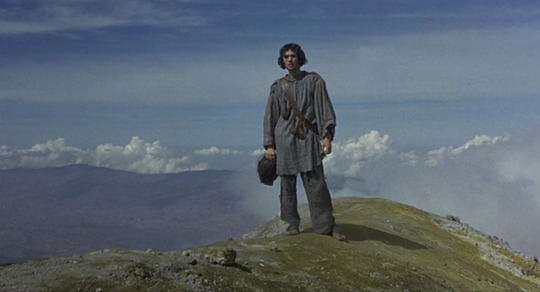
#porcile#pier paolo pasolini#1969#jean pierre-léaud#anne wiazemsky#ugo tognazzi#franco citti#pierre clémenti#salo#el jardín de las delicias#il gattopardo#macbeth#au hasard balthazar#aquirre der zorn gottes#satansbraten#tätowierung#elisabeth II#le roi se meurt
89 notes
·
View notes
Text

Classic Polish movie posters - NA LOS SZCZĘŚCIA BALTAZARZE (Balthazar At Random)
Directed by: Robert Bresson (1966)
#au hasard balthazar#balthazar at random#na los szczęścia baltazarze#robert bresson#film poster#movie poster#film#movie#cinema#kino#poster#plakat#Polish poster#poland#polska#1960s#1966
9 notes
·
View notes
Photo
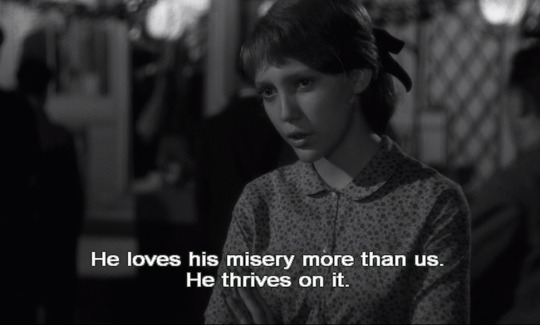
Au Hasard Balthazar (1966)
95 notes
·
View notes
Text
"Besides, hes a saint"
9 notes
·
View notes
Text





au hasard balthazar (1966) dir. robert bresson on archive.org
"The story of a donkey Balthazar as he is passed from owner to owner, some kind and some cruel but all with motivations beyond his understanding. Balthazar, whose life parallels that of his first keeper, Marie, is truly a beast of burden, suffering the sins of humankind. But despite his powerlessness, he accepts his fate nobly." synopsis via tmdb
#au hasard balthazar (1966)#au hasard balthazar#robert bresson#french film#film#archive#1960s#60s#my post#uploads
9 notes
·
View notes
Text

Au Hasard Balthazar (1966) dir. Robert Bresson
34 notes
·
View notes
Quote
I remember: there was an unendurable sadness; I even wanted to cry; I was constantly astonished and anxious: it had a dreadful effect on me that all this was foreign; that I understood. The foreign-ness crushed me. I completely awoke from this darkness, I remember, in the evening, at Basle, on entering Switzerland, and what woke me up was the hee-hawing of a donkey in the town market. The donkey gave me a dreadful shock and for some reason greatly appealed to me, and at the same time it was as if everything in my head suddenly cleared.' 'A donkey? That's strange,' the general's wife observed. 'Though actually, there's nothing strange about it, one of us might easily fall in love with a donkey,' she observed, with an angry glance at the laughing girls. 'It happened in mythology. Continue, prince.' 'Since then I've had a dreadful soft spot for donkeys. There's even a kind of sympathy between us. I began to make inquiries about them, as I'd never seen them before, and was at once convinced that they're the most useful animal, hard-working, strong, patient, inexpensive and long-suffering; and through that donkey I suddenly began to like the whole of Switzerland, so that my earlier sadness passed completely.'
Fyodor Dostoyevsky’s “The Idiot” Part One, Chapter 5.
#Fyodor Dostoyevsky#Fyodor Dostoevsky#Dostoyevsky#Dostoevsky#The Idiot#The Idiot (1868)#1868#19th Century Literature#19th Century Russian Literature#Russian Literature#Quot#Au Hasard Balthazar#Robert Bresson#EO#Jerzy Skolimowski
42 notes
·
View notes
Photo


”Au Hasard Balthazar” (1966) by Robert Bresson
#au hasard balthazar#robert bresson#film#cinema#movie#movie stills#film frames#cinematography#cinephile
53 notes
·
View notes
Text

Au Hasard Balthazar (Robert Bresson, 1966)
My (and maybe everyone’s) movie watching experience sails alongside my position and perceived instrumentality in the world. I first saw this late into the absorption and awe of what greatness came before phase. As I leave a phase of frustrated want of mastery and slide into one of over-it acceptance and grace/complacency, let this be my last pathetic, fruitless yearn for effect in this life: from my experience on farms and the mutants I worked with, if I had made this it would have had a scene where someone tried to stick their dick in Balthazar. We may need to shift back towards god. Tears suddenly on Anne Wiazemsky’s cheeks
5 notes
·
View notes
Text

Anne Wiazemsky in Au Hasard Balthazar (Robert Bresson, 1966)
Cast: Anne Wiazemsky, Walter Green, François Lafarge, Philippe Asselin, Nathalie Joyaut, Jean-Claude Guilbert, Pierre Klossowski, Jean-Joel Barbier, François Sullerot, Marie-Claire Fremont, Jacques Sorbets, Jean Rémignard. Screenplay: Robert Bresson. Cinematography: Ghislain Cloquet. Production design: Pierre Charbonnier. Film editing: Raymond Lamy. Music: Jean Wiener.
In his book Watching Them Be, James Harvey calls Au Hasard Balthazar "probably the greatest movie I've ever seen," and goes on to quote a number of others, including Jean-Luc Godard, who pretty much agree with him. I can't deny the movie's excellence, though I wouldn't quite go as far as Harvey does. It's a film that will try your patience unless you're willing to take Bresson on his own terms, which means not spelling anything out explicitly about his characters and their relationships. You're left to surmise a great deal about what they're doing and why. In fact, the only character in the film who gets a more or less fully fleshed-out story line is Balthazar himself, and he's a donkey. As usual, the performers Bresson chose were people we had never seen before on screen, and as usual with Bresson, that worked out well, especially in the case of Anne Wiazemsky, who plays Marie. Only 19 when she made the film, she brings a freshness and vulnerability to her role that radiates through the deadpan non-acting that Bresson imposed on his performers. The film brought her to the attention of Jean-Luc Godard who, the following year, made La Chinoise with Wiazemsky, and she became his second wife after his divorce from Anna Karina. I happen to be somewhat averse to films that center on animals, particularly if they carry the symbolic freight that Balthazar (whom one character refers to as "a saint") does, but even I couldn't help being touched by his story. This was Bresson's first film with Ghislain Cloquet as cinematographer, and the contrast with his previous film, The Trial of Joan of Arc (1962), shot by his longtime director of photography, Léonce-Henri Burel, is startling. Burel tended to follow Bresson's lead in providing austere images for austere stories, whereas Cloquet brings a romantic edge to his work. I think it only emphasizes the purity of Bresson's intentions.
8 notes
·
View notes
